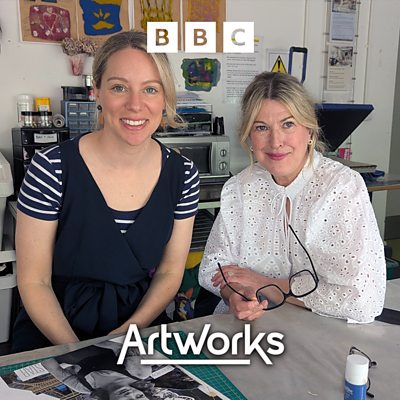Episode details

Available for over a year
Forget nursery school, round ended scissors and glue sticks – collage is sophisticated, political, complicated and underrated. So much modern music, audio and film making involves taking bits from everywhere, splicing them up, reassembling and layering them to create new meaning. Art historian, critic and writer Ruth Millington uncovers the history of collage. Where did it begin and why did it become the essential creative medium for outsiders and revolutionaries? Ever since Pablo Picasso and Georges Braque began to stick bits of found materials into their painting, collage has allowed artists to access bold new ideas. Dada artists used collage and photomontage to criticise German culture after the First World War. The surrealists used collage to access their inner minds. The pop artists, like Peter Blake, used the juxtaposition of images, from commercials to literature, to challenge ideas on the avant-garde. From The Beatles and Rolling Stones album covers to radical feminist artists like Linder and Chila Singh Burman, collage has been used to make new ideas recognisable and to play with meaning and context. John Stezaker has used collage to find a third space, a way of reclaiming the image in a world which is saturated by visual displays. Today, digital artists like Cold War Steve create collages on social media that reflect the work of the early Dada artists Hannah Höch and John Heartfield. We see collages on our social feeds, hear sound montages and samples in hip-hop and pop and watch videos which cut together art, film, photos and text. Collage is now everywhere we look, but it still has disruptive powers. Ruth takes her scissors, scalpel and glue to find out why collage matters. Presented by Ruth Millington Produced by Melvin Rickarby and Helen Lennard A True Thought production for ÃÛÑ¿´«Ã½ Radio 4
Programme Website